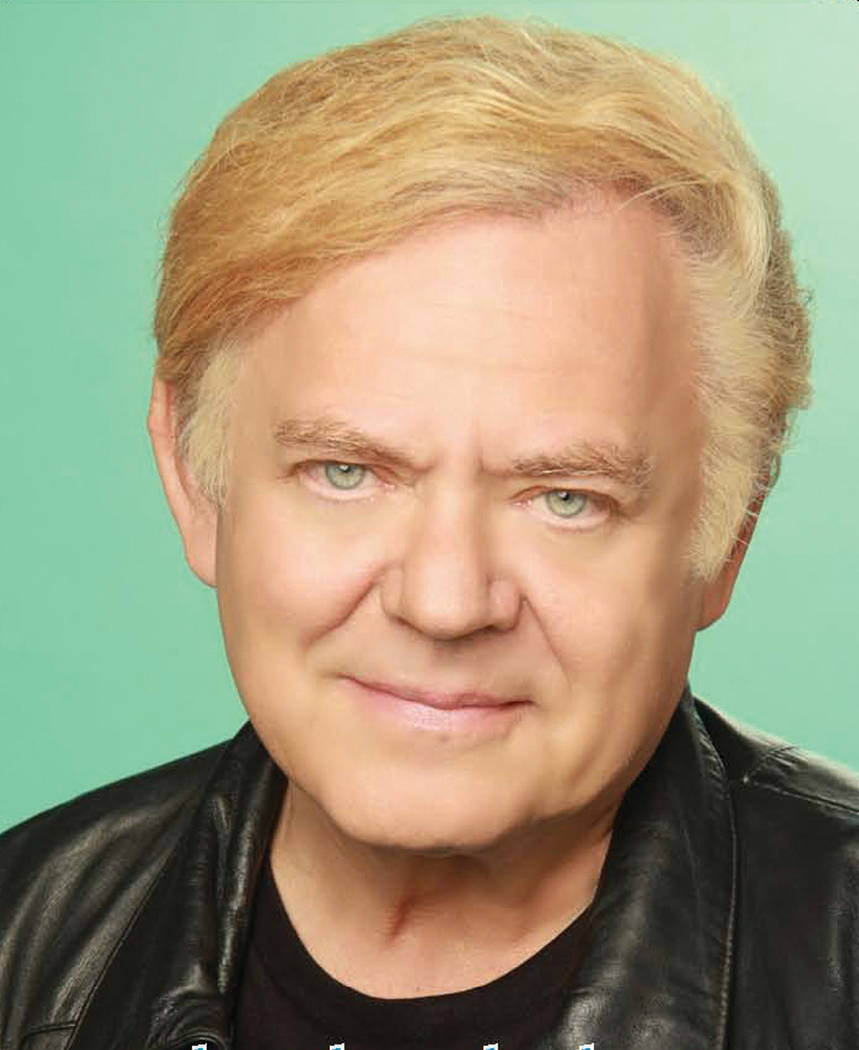Music as therapy may help with suicidal thoughts
Emotional healing is often difficult to achieve. There are many methods and treatments that are recognized as helpful, but there is never a guarantee as to what will work with any specific individual. That is especially true when it comes to penetrating the mind of veterans and others who contemplate suicide as an answer to their problems, be they authentic or merely perceived as real.
Suicide has been a growing phenomenon affecting several social groups in the United States. Law officers, active-duty military personnel and veterans have increasingly found life too difficult for them to remain a part of. Their solution has been to take their own lives. Government agencies and medical authorities continuously attempt to come up with positive answers to the problem. Despite some success, there is no one magic answer.
The Department of Veterans Affairs has created the National Strategy for Preventing Veteran Suicide. According to the American Legion, a VA spokesperson said the strategy provides a framework to prevent suicide among veterans through a public health approach, with an emphasis on community-based engagement.
One public approach out of many, which is also a VA treatment experience, is music as a therapeutic science practiced by licensed professionals. The use of Western civilization’s seven-note scale can do wonders when it harmonizes with the minds of veterans who respond to the sound of music, as well as to the creative discipline of written lyrical poetry.
Las Vegas music therapist Becky Wellman holds a Ph.D. in psychology and is an accomplished oboe player. She also is skilled in the use of what are defined in her industry as “recreational instruments.” That includes accordion, ukulele, recorder and percussive items. Many of her clients are veterans, and she uses a variety of musical techniques to ease symptoms of stress that can lead to depression and post-traumatic stress disorder.
“We can help everyone from prenatal to adult,” she said of her practice.
She works on her own with individual clients and has consulted with medical doctors at such facilities as the Cleveland Clinic. Concerning treatment cost, she explained that veterans covered for Tricare as in-patients are eligible for reimbursement for music therapy treatments. Outpatients, however, are not covered at this time.
“Music is definitely something that veterans respond to. The style of music, dynamics and meter, it demonstrates the person,” she said.
Sometimes an original song by a veteran begins on a positive level, then can move negative, then end up OK, she noted.
“It’s all in the songwriting process. Some are amazing and some are merely cathartic for the person. Music is very powerful,” Wellman said. “It can be power for good, or not so good.”
When veterans come to her for treatment, her technique is to use music to reroute thoughts, pulling them through a different pathway to get to a new, positive place. She said that since music is not processed through any one part of the brain, it can bypass damaged areas. Instead of asking direct questions, she uses music to gently begin conversations.
If patients come to her and she determines they are on the edge of suicide, she will alert the proper authorities and treat the situation as an emergency. But if the individual is concerned with life’s struggles and not yet at the point where he or she is about to do harm, Wellman said her treatments can supplement medical care that may be required.
The VA’s national strategy has determined that media reports of large numbers of veterans suicides do not take into account the 20 million veterans who are thriving members of America’s national community. The VA believes that suicide is preventable and that various treatments do work.
Music therapy is one treatment that can be used to encourage veterans to seek additional help when they are going through an emotional crisis. Be it rock, blues, jazz, classical or heavy metal, Wellman explained that any style can be used as a tool to overpower negative thoughts.
Music, after all, is based on mathematics, and to save veterans one at time, often it takes just three chords played on a five-line musical staff with seven notes while tapping out a 4/4 beat.
Chuck N. Baker is a Purple Heart veteran of the Vietnam War and the host of “That’s America to Me” every Sunday at 7 a.m. on 97.1-FM.





